St John Passion at Leominster Priory
This concert is all about bridging the gap between eras, taking inspiration from the past to create something compelling and new.
The programme opens with a collaboration between the ESO and local partners Academia Musica Choir, who will perform Bob Chilcott’s interpretation of the Passion, using text from St John’s Gospel. Following in a similar setting to J S Bach’s story of the Passion, where the story is narrated by a tenor Evangelist, Chilcott’s creative process took time to unfold given the mixture of excitement and apprehension of retelling such an iconic work. However, the music is direct and accessible and is a very fitting piece to welcome the upcoming Easter celebrations.
The Adagio part of Mozart’s Adagio and Fugue in C minor K.546 was a late addition to an earlier work, his Fugue in C minor K.426, written for two pianos in 1783. He later revisited the work in 1788 whilst writing his final three symphonies and transcribed the fugue for strings. It’s not clear why he did this but one theory is he wanted to refresh his old counterpoint studies before starting work on the counterpoint section that concludes his final symphony, ‘Jupiter’.
In a bid to reestablish a national voice by returning to music of the past and preservation of native folk music, Vaughan Williams’ Fantasia on a Theme of Thomas Tallis is a stunning and poignant tribute to English composers of the Tudor era, such as William Byrd and of course Thomas Tallis. The premiere of the work took place in 1910 as part of the Three Choirs Festival in Gloucester Cathedral, a fitting acoustic for such a sonorous piece.
Read More
